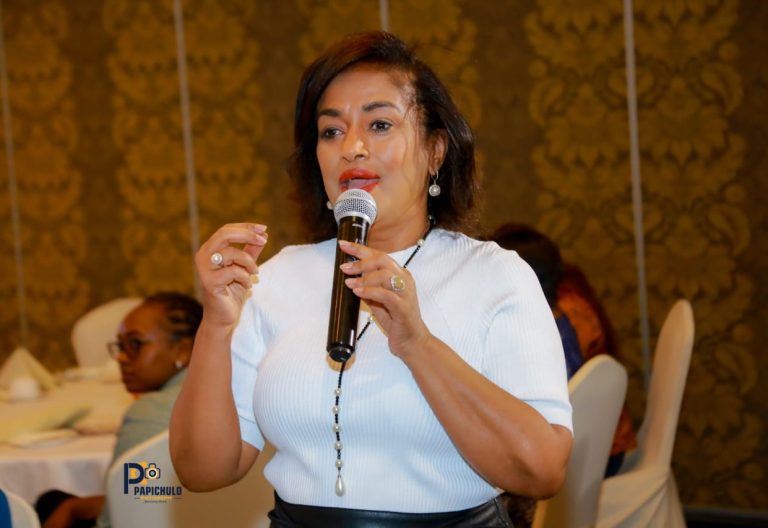Wealth and public service present dual-edged sword

In 1162, a formidable leader and renowned conqueror was born. Genghis Khan was a ruthless barbarian who founded the largest connected land empire in history. Genghis, fuelled by the need to increase social mobility among his people, waged war on a massive scale.
Brutal tactics and merciless conquests marked his military campaigns, leaving a trail of destruction. Despite his ruthless reputation, Genghis was also a visionary leader who implemented innovative strategies in warfare and governance. He established a system of meritocracy in his empire, allowing individuals to rise through the ranks based on their abilities rather than their social status. This emphasis on meritocracy helped to foster a sense of unity and loyalty among his diverse subjects.
The significant wealth of President Ruto’s new Cabinet lineup has sparked debate among Kenyans about the necessity of their positions. Many question whether these individuals truly need a government job that appears to be of lesser value than their fortunes.
Some people contend that appointing wealthy individuals to government positions could result in conflicts of interest or bias, as their financial independence may affect their decision-making.
Others believe having successful businesspeople in the Cabinet could bring valuable expertise and innovative ideas. Regardless of the differing opinions, President Ruto’s Cabinet has ignited a conversation about the intersection of wealth and public service.
Wealth accumulation among government officials, corruption, and embezzlement of public funds have emerged as significant challenges, eroding trust in governmental institutions. The extravagant lifestyles of some officials contrast starkly with the poverty of the general population.
These disparities in wealth and living standards have fuelled widespread anger and frustration among citizens, who feel betrayed by those entrusted to serve and protect their interests.
Having a team of experts can be beneficial, but it is important to be mindful of potential conflicts of interest that may arise. While their expertise can provide valuable insights, it is essential to prioritise decisions that serve the public interest over personal gain. Transparency and accountability are crucial in earning and maintaining the trust of the public and upholding the integrity of the government.
To effectively manage conflicts of interest, it is essential to implement rigorous regulatory measures and stringent oversight. Implementing a policy mandating rich people in government positions to disclose their financial interests and refrain from making choices that might benefit them is vital to preventing corruption and protecting the public’s interests.
For the government to be effective, it must serve the people. Leaders should be committed to serving the public, fostering trust, and preventing conflicts of interest that can jeopardise the integrity of the government by emphasising accountability and openness. Maintaining a government committed to serving its citizens requires balancing knowledge and moral considerations.
Government officials must prioritise the well-being of the public over personal interests. Individuals who violate conflict of interest regulations should face severe penalties. To maintain the integrity of our democracy and foster trust in our governing bodies, leaders must be accountable for their actions. Ethical culture promotion within government institutions can help achieve this. Promoting a culture of transparency and accountability within the government can help build trust with the public and demonstrate a commitment to ethical governance.
The intersection of wealth and public service presents a dual-edged sword. While wealth can contribute to public service through philanthropy and strategic investments, it also poses challenges that require careful management to avoid undermining public trust and democratic processes.
— The writer is an Innovations Evangelist and a PhD Candidate; machariamuhoho@gmail.com












